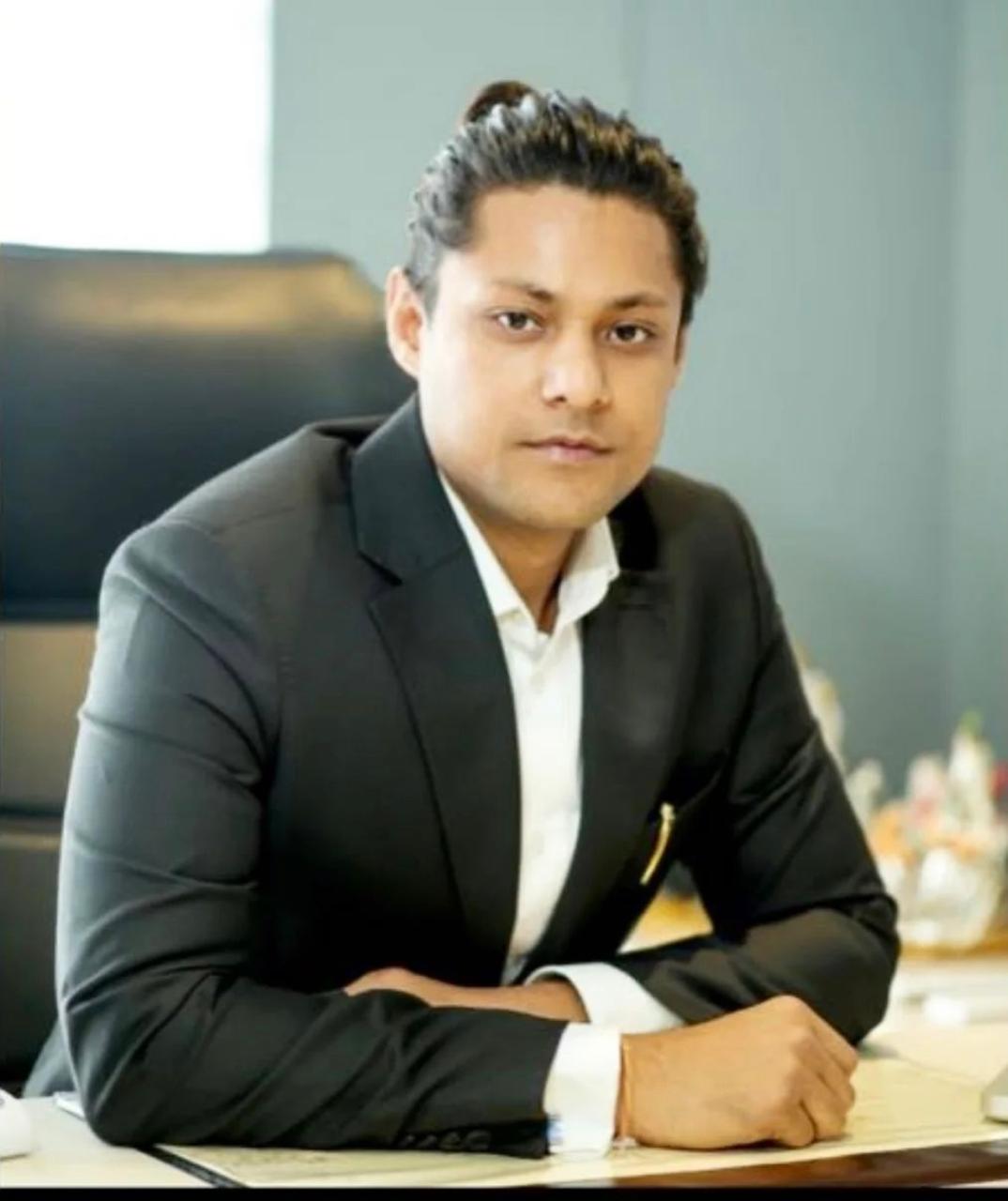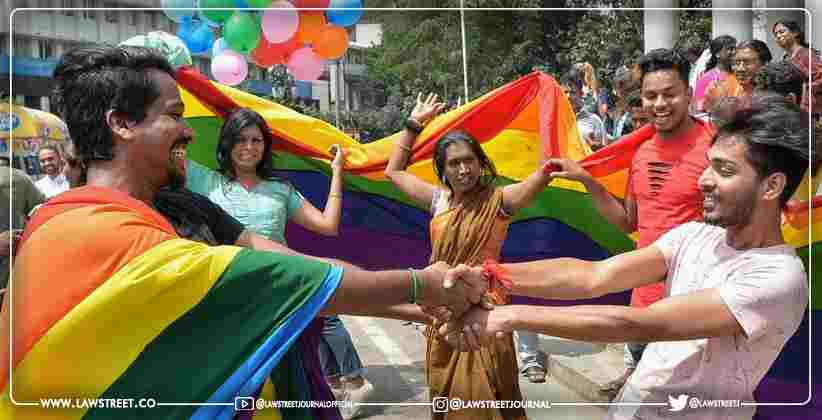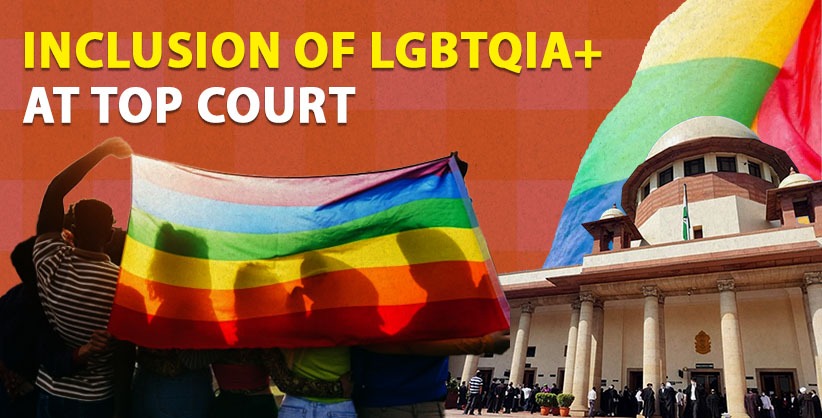NEW DELHI: A prominent Muslim body has approached the Supreme Court to oppose a plea made for recognising same-sex marriage, saying this concept of same sex marriage goes to attack the family system rather that making a family through this process.
Jamiat Ulama-I-Hind, through its president Maulana Mahmood Asad Husain Madani contended that invoking the principle of constitutional morality to justify same sex marriage based on the fact that in some part of the world this practice is legal; can be very harmful for the social order of the other part.
"This logic that other countries have legalised the inclusion of same-sex relationships in the concept of marriage cannot be introduced in India," it said.
In the Indian legal system, different communities are governed by different personal laws or codified laws.
It is believed by Muslims, marriage is a socio-religious institution between a biological man and a biological woman and any different interpretation given to the marriage shall lead to the persons claiming to be married under this category as 'nonadherents'. In the Islamic paradigm, fathers and mothers are complimentary to each other but not interchangeable, it said.
The plea filed through advocate M R Shamshad also pointed out the legislative policy of a marriage in the Indian legal system, whether penal, constitutional, or personal, has been between a biological man and a biological woman. There are categorical and definitive binaries with the usage of terms such as husband, wife, mother, father, etc.
"Any deviation or dilution of such definitions is a matter of legislative policy based on social realities, acceptance and on extensive socio-legal research," it asserted.
The plea also submitted that prayer made in the writ petition filed by Supriyo alias Supriya Chakraborthy has been framed in a manner that seems to suggest that the Legislature is subordinate to the Union Judiciary, rather than being equal pillars of the sovereign, socialist, secular, democratic, Republic of India.
"Needless to say, the doctrine of separation of powers has been held to be part of the basic structure of the Constitution of India in 'His Holiness Kesavananda Bharati Sripadagalvaru and Ors. v. State of Kerala and Anr (1973)' by the Supreme Court of India. It is for the legislature, in its legislative wisdom, to enact laws as per the societal acceptability based on the prevailing values of a society," it said.
The organisation also said it is crucial to point out the context and the social structure in which the LGBTQIA+ movements brewed from LGBT to LGBTQ and further to LGBTQ+ and thereafter LGBTQIA+.
"The background of these movements has been expanding day by day and has been the atheistic paradigm and not the one that is based on theistic value system. If we trace the epistemology of the Western sexual liberation movements, the defining figures are nearly all staunch atheists. Since the atheistic worldview had a decisive influence qua the present alterations in the ideas of sexual morality, it must not be allowed to create any space within the religiously governed personal laws of communities," it said.
On March 13, the Supreme Court had referred a plea related to recognition of same sex marriage to a Constitution bench for final hearing from April 18, saying the issue is of seminal importance in view of interplay of various rights including of the right to live with dignity.
In a written response, the Union government had opposed the plea for recognising the marriage of same sex couple, saying it would not only violate the codified law but would also cause a complete havoc with the delicate balance of personal laws in the country and the accepted societal values.
It said living together as partners and having sexual relationship by same sex individuals, which is decriminalised now, is not comparable with the Indian family unit a husband, a wife, and children born out of the union who are reared by the biological man as father and the biological woman as mother.
The Centre had also maintained that same-sex marriage is not in conformity with societal morality and Indian ethos.
[Read Intervention Application]

!['LGBTQIA+ must not be allowed space in religiously governed personal laws,' Muslim body opposes same sex marriage [Read Intervention Application]](/secure/uploads/2023/04/lj_9547_e60fa5a2-ff6e-4faf-89ce-e926b8173860.jpg)






![TN Medical Council declares change of gender identity of LGBTQIA+ as misconduct [Read Notification]](/secure/uploads/2022/12/lj_5268_5cebb05a-97fb-40fb-8045-25cdf8f4207a.jpg)





